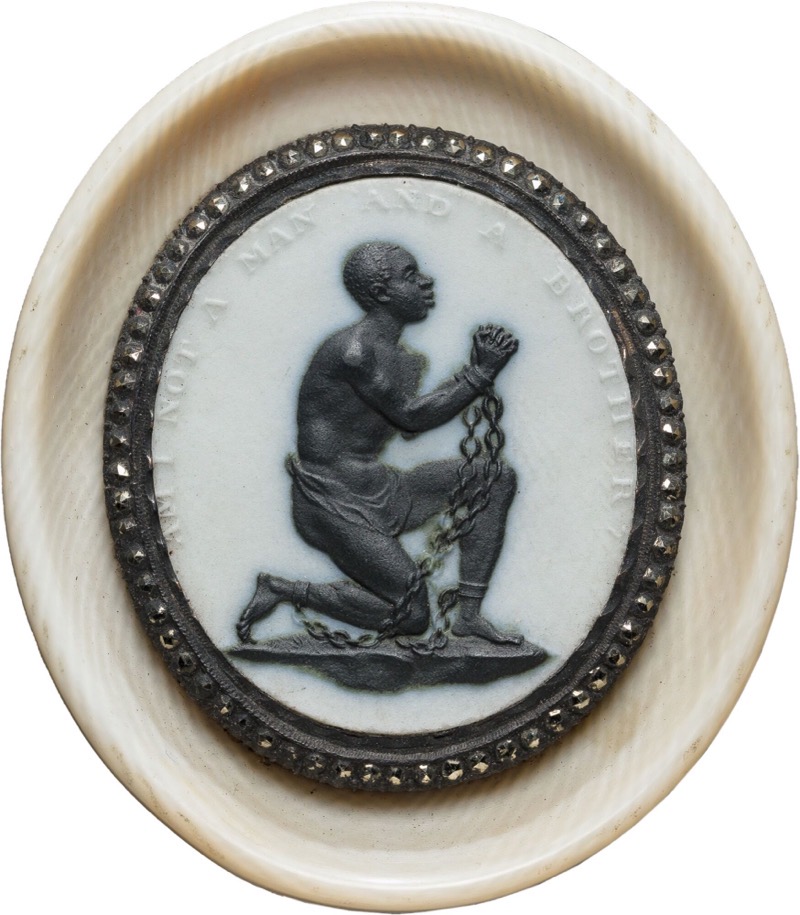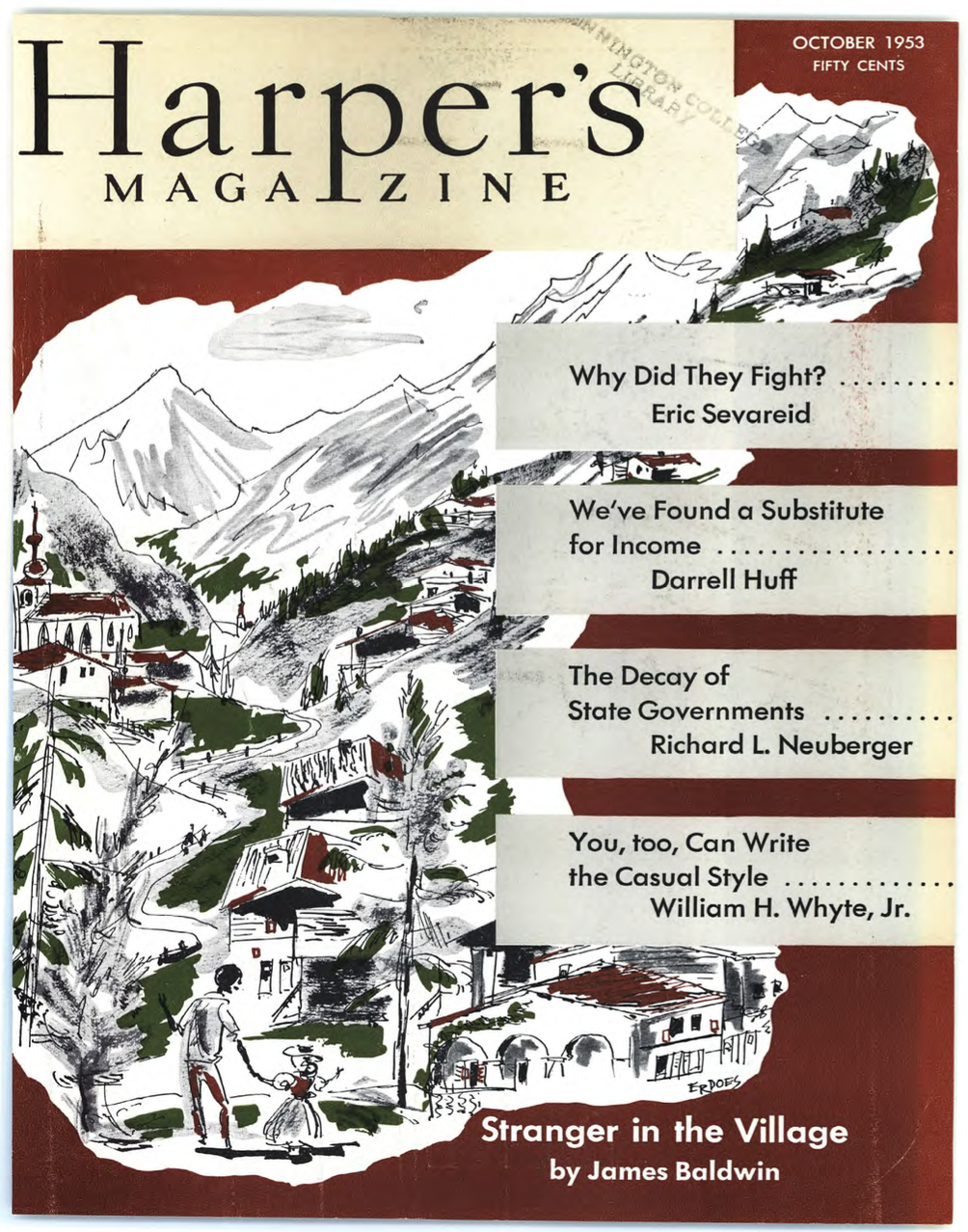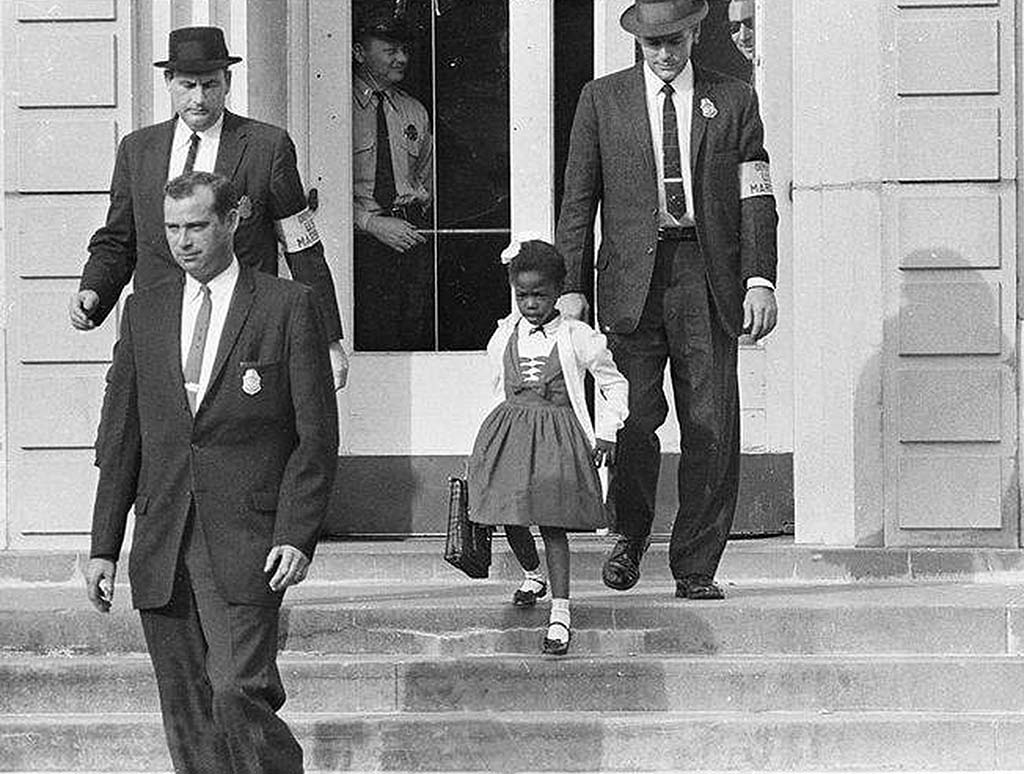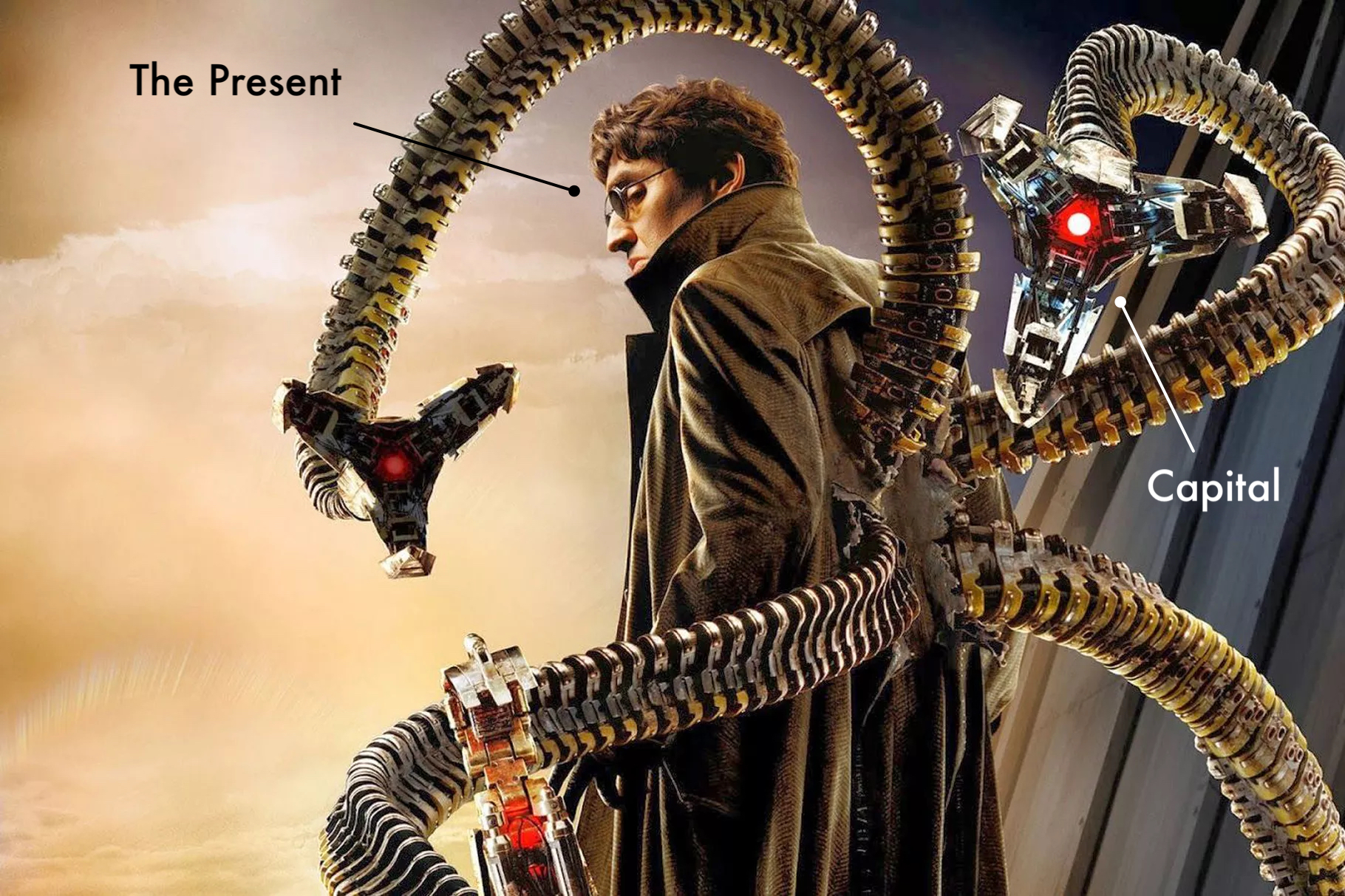: 1 :
On a summer day in 1978, when I was an undergraduate at the University of Alabama-Birmingham, I took the woman I was dating to lunch at our favorite deli. It was a new place, but already popular, and the owners had squeezed as many tiny tables into their tiny space as they could manage. Teri and I wedged ourselves in among the other diners, but without heeding them: we had eyes only for each other.
At one point we discussed the unfortunate fact that, despite the abundant Alabama sunshine, we remained pale as ghosts and needed to find some way to get tanned. And then we heard what sounded like giggles from the seat next to me. I darted my eyes over and saw a young black woman, quietly laughing as she looked down at her food. She was alone, probably on her lunch break from a nearby office.
She looked up at us in an obviously friendly way, so I held my arm up next to hers and commented that I had a long way to go if I was going to catch up with her. She said, in a tone that was half comment and half incredulous question, “Some white people pay to make their skin darker.” We admitted that that was true. “Didn’t cost me anything to get this skin,” she said, “but I’ve been paying for it ever since I got it.” And then she smiled so warmly that we knew it was okay if we smiled too.
Maybe you had to be there, and there then, but the whole scene felt like a small victory. A bittersweet one, to be sure, and please don’t ignore the “bitter”; but a kind of victory none the less. Because what we were laughing about together were anything but a laughing matter in Birmingham, Alabama even a few years earlier.
: 2 :
A little more than a decade before our encounter, that young woman wouldn’t have been served at any cafe or diner or restaurant in Birmingham that catered to white people. And though the Jim Crow laws designed to enforce such segregation had been abolished by the Civil Rights Act of 1964, I found myself wondering: When did that young woman first dare to come, alone, to a restaurant owned and patronized by the white people of Birmingham? She seemed so at ease sitting there next to Teri and me, evidently as comfortable there as we were. But appearances can deceive. I am not sure of her age, but she was at most a handful of years older than we were, and of course she remembered what it had been like — the social world into which all three of us were born. I myself can even remember, from my earliest visits to the Birmingham Zoo, the WHITE and COLORED drinking fountains. Such things would have been far more vivid to her.
Though the public schools of Birmingham were supposed to be desegregated by the time I got to them, they weren’t; or not all of them were. I went to an all-white school through fourth grade, and then, when I transferred to Elyton School in one of the oldest parts of the city to join what they called an “enrichment class,” I found that I had, among my twenty-three classmates, two black ones. It didn’t take long to get used to them: Johnny was shy and diffident, Esther was kind of nerdy and had a crush on a guy named Eddie — which, unless my memory flatters us all, was hysterically funny to us not because Esther was black but because she was a girl. Integrated schools quickly seemed normal, not the sort of thing we thought about much; not even when Johnny didn’t return to the “enrichment class” the next year, and Esther left the year after that, and our class was wholly white.
I came to Elyton in 1967. By the time I began high school, in 1971, things had changed. In our old neighborhood on the west side of Birmingham I was zoned to what had been an all-black school, Parker High, and my mother told me that I would have been one of only six white students there. (I do not know where she got this information, though my mother is the kind of person to discover information when it can be had.) So we moved to another neighborhood, within the zone of a different school, Banks High, where 70% of the students were white. And in my first semester there, we had a riot: a proper race riot.
It happened at a pep rally for the football team. At a suitably exalted moment in the proceedings, a white boy sitting in the front row of the gym unfurled an enormous Confederate battle flag and started waving it about — until a dark form leaped from above, right onto his back, and began whaling away on him. The fighting soon became more general, and those of us who were small or nonviolent or both drifted away. A couple of friends and I shrugged and walked home. I don’t recall any other major racial tensions in my high school days, though of course there were plenty of minor ones; but an event like that is not the sort of thing that simply evaporates. It hovers in the memory.
And that’s how things seemed to go for a while in Birmingham: a step forward, a step back. In my freshman or sophomore year of college I ran into one of my high school classmates — the closest I had to a black friend at that school, a lively and funny woman who later became a preacher — and we greeted each other with a hug. We talked a few minutes and then parted, and as I walked away I noticed a white student in a baseball cap staring at me with open disgust. Only then did I realize that I had done something that until very recently had been almost unthinkable in Birmingham: I had made affectionate physical contact with a person of another race. It was apparently still unthinkable to that guy, I saw, and then (if the truth must be told) I congratulated myself for not having considered, until that moment, the color of my friend’s skin. I didn’t spare the time to ask why she and I had fallen so completely out of touch. Indeed, I have never seen her again. But at the time the encounter seemed to be another of those bittersweet victories — very like that moment in the deli, which happened a year or two later.
: 3 :
That’s what it was like in Birmingham for a long time: a step forward, a step back, a step back, a step forward. And then — after I left the city for good in 1979, and came back only for occasional visits to see my family — fewer and fewer of the steps seemed to be towards racial integration, racial equality, racial healing. Just as I left, Birmingham elected its first black mayor, Richard Arrington; but that was possible in part because of white flight. As whites decamped for the suburbs and places further afield, the political leadership of the city became overwhelmingly and then uniformly black.
As did the city itself. The most recent statistics I’ve seen say that 1.2% of the students in the Birmingham public schools are white. One point two percent. Most of the few whites who remain in Birmingham, in a handful of elegant neighborhoods on the slopes of Red Mountain, send their children to private schools. And, as Nikole Hannah-Jones has recently reported for the New York Times, for some years now the whites that have fled to the suburbs are trying to make the schools there more fully white. In my lifetime I have seen an enormously powerful apparatus of segregation dismantled … and then slowly, gradually, almost imperceptibly, reconstructed in another form.
: 4 :
One of my black high-school classmates, a tall, quiet, friendly guy named André, used to go around singing the old Sly and the Family Stone song “Everyday People” — and even then we thought of it as an old song: rock and roll moved fast in those days, and it seemed to us that the landscape had altered a good deal between 1968, when the song first appeared, and the early Seventies. The most famous line from the song, “different strokes for different folks,” already seemed cheesy to us. It’s an incredibly infectious tune and beat, though, and I doubt that André sang it ironically — but again, who knows? I just associate the song with him, and with an era of hopefulness about American, and especially Southern, race relations, that was slipping out of our grasp, perhaps already had slipped away.
That race riot at our school pep rally happened within a month or so of the release of a new LP by Sly and the Family Stone — an LP that had been eagerly anticipated, but that on its appearance generated some shock waves. The bouncy, happy tunes that had made the band famous were set aside; the mood was dark, bitter. Some of the band’s earlier hits were even parodied on the new record: the rhythms and lyrical patterns of 1969’s “Thank You (Falettinme Be Mice Elf Agin)” get undermined and reworked in “Thank You For Talking to Me Africa.”
Lookin’ at the devil,
Grinnin’ at his gun.
Fingers start shakin’,
I begin to run.
Sly Stone had wanted to title the album Africa Talks to You, but in the end decided that he would answer the question posed by Marvin Gaye in his LP from earlier in 1971, What’s Going On? Sly’s answer: There’s a Riot Goin’ On. Yes, there was, at a high school in Birmingham, Alabama, across the continent from Sly Stone’s San Francisco. And in so many other places as well. Greil Marcus, in his classic book Mystery Train: Images of America in Rock and Roll Music, describes There’s a Riot Goin’ On as “emerging out of a pervasive sense, at once public and personal, that the good ideas of the sixties had gone to their limits, turned back upon themselves, and produced evil where only good was expected.”
A few years ago I was in Birmingham and I drove through the neighborhoods near my old high school. The only white person I saw was an electrician talking animatedly to a black lady in her driveway. When I was fourteen I thought you were rich, or near enough, if you lived in a brick house, and all these nice neat brick houses on winding roads and hilly lots are occupied by black people now. Which in many ways is good, very good, and yet … As I was driving along — I swear this happened — “Everyday People” came on the radio, and I remembered André singing it in the halls, and though I couldn’t stop myself from tapping my foot I thought of all the hopes the song had represented and how quickly — and then slowly — they had been betrayed, and I thought to myself: This is the saddest song in the world.










